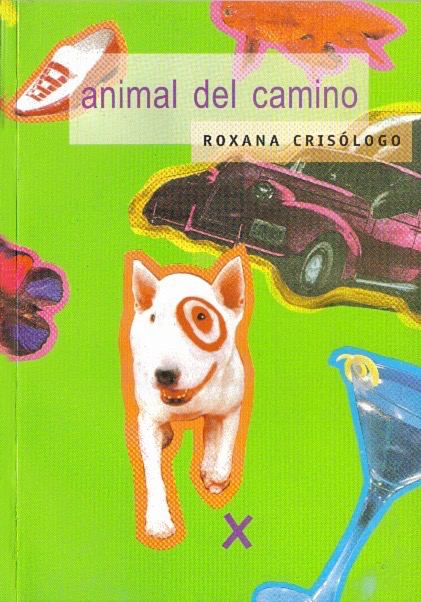The poetry of Roxana Crisólogo (1966) results from the auspicious tension between the fraught circumstances of Peruvian society and an appetite for the foreignness of the globalized world. Raised by a family form the Peruvian countryside, Crisólogo came of age on the outskirts of a Lima haunted by guerrilla terrorism and the neoliberalist irruption of the 90s.
Crisólogo’s work is characterized by a vitalism that unfolds in Latin American urban spaces, tainted by the complexities of exile and political awareness. Its specificity hinges on the embodiment of the lyrical subject, a body called to explore the world while staving off the manifold attacks carried out by material and immaterial constraints. Crisólogo’s verse evinces a dexterous subversion of the Peruvian poetic tradition (the avantgarde pursuits of the triad Cisneros-Hinostroza-Hernández, the parricidal attitude of Movimiento Hora Zero by means of a deceptively translucent discourse.
Books
Roxana Crisólogo Correa (Peru/Finland) is a poet and cultural producer with a degree in law. She has published poetry books: Abajo sobre el cielo (1999), Animal del camino (2000), Ludy D (2006) and Trenes (2010). In Chile, Ediciones Libros del Cardo reissued Trenes in 2019. Kauneus – La belleza (2021) is her last poetry book.

Crisólogo’s most recent book, La belleza (2021), yuxtaposes the struggles of displacement and exile to the pain Eurocentric beauty ideals inflict on marginalized bodies. The 37 poems in La belleza wander in a world of airports, back alleys, and spectral forests. Lima and Helsinki unfold their streets in remote or recent memory. The author guides us in a quest for an authentic bond to our own image. The troubles of the childhood in Lima, the hidden reaches of the Baltic and the Mediterranean seas are cast in an earthly and affective tone, heir to the best of South American poetry.





Sotto sopra il cielo is the name of a sample of her poetry translated into Italian published by Seri Editore, Macerata, 2021. A collection of her poems appeared in German under the title Eisbrecher (Hochroth Verlag, Berlín, 2017). Alhaalla taivaan yllä (Kääntöpiiri,Helsinki, 2001) is the translation of her book Abajo sobre cielo.
Roxana is the translator into Spanish the Finnish poetry anthologies Prohibido caminar con niños (Sweden, POESIAconC 2010) and Los abejorros zumban en la ventana (Argentina, Erizo editora 2013).



She also published together with Miguel Ildefonso Memorias in Santas, a compilation of poetry written by women during internal armed conflict in Peru (Programa Democracia y Transformación Global, Lima 2007). Roxana as member of Somos La Colectiva was the editor in Muistikuvat: Imágenes de la memoria (Filodecaballos, México 2018).


Literary projects
Roxana is advocated to work for the right to use mother language in literary work. This is the claim that inspired her to create Sivuvalo project in 2013. She is currently Sivuvalo Platform vice chair woman. She worked as coordinator of the network Nordic Exchanges in Literature NOXLit (2019-2022)


Essee: Toiset suomalaiset kirjailijat
Monikielisen kirjallisuusyhteisö Sivuvalon aktiivit José Luis Rico ja Roxana Crisólogo haluavat vierailla kielillä kirjoittaville lisää elintilaa suomalaiselle kirjallisuuskentälle.
Linkki DIPLO -1 – 2022 | KIRJALLISUUSLIITE | KIRJOITTANUT: JOSÉ LUIS RICO JA ROXANA CRISÓLOGO

Literary and artistic work
Roxana Crisólogo´s work cross the borderline of literature. She is ready to play with sound art, video and performance. She is member of La Colectiva, a group of poets and artists based in Helsinki that use poetry to experiment its relationship with other forms of language.
In 2022 she has presented her literary works in relevant literary scenes as Cervantes Institute Berlin and Munich, Suomen Madridin-instituutti, Norræna húsið The Nordic House Reykiavík.



Roxana ́s work and projects have been supported by Kone Foundation, Finnish Literature Exchange (FILI), Arts Promotion Centre Finland (Taike), Kari Mattila Foundation and the Finnish Cultural Foundation (SKR).


